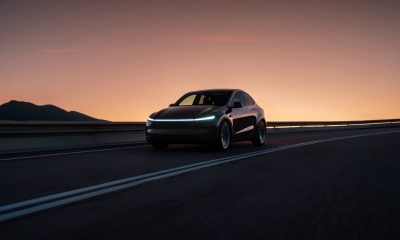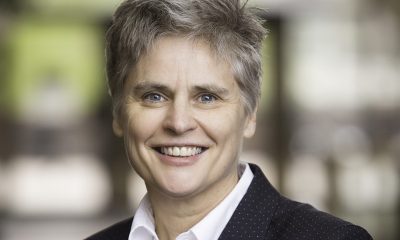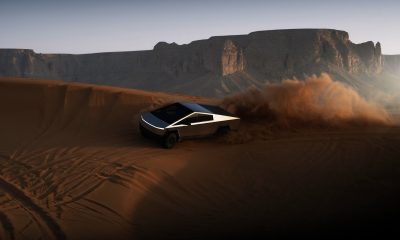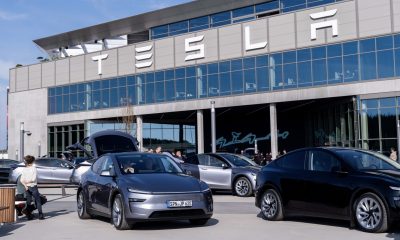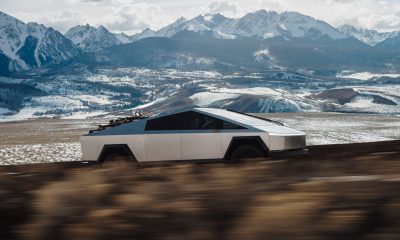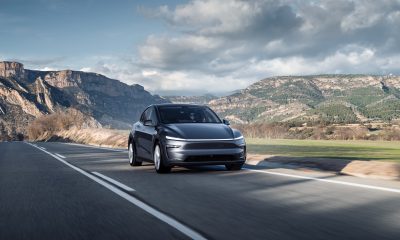News
Tesla makes offer to acquire SolarCity, Elon Musk doubles down
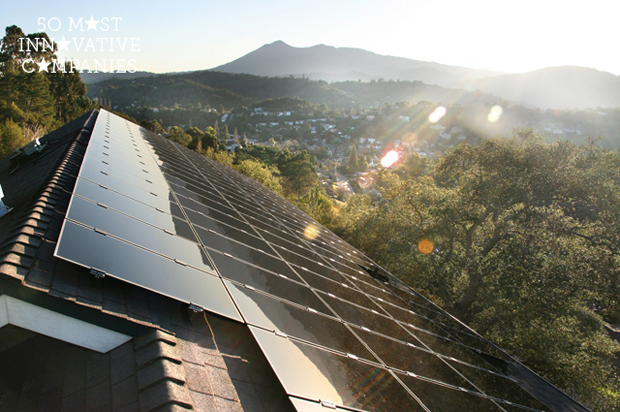
BREAKING: Tesla’s board of directors has made a bid to acquire SolarCity. The proposed acquisition of SolarCity by Tesla would amount to an approximate $2.8 billion stock-only deal or a premium of 21% to 30% over today’s SolarCity (NASDAQ:SCTY) closing price.
The two companies have shared history with one another through strategic partnerships that have allowed each company to leverage its core technology to provide clean energy and off-grid energy storage. Not only do both companies share a mission rooted in accelerating the transition to a sustainable energy future, they also share arguably the most critical component to driving this mission forward – Elon Musk.
Musk sits as chairman at SolarCity and also the largest individual shareholder of the company. He’s also majority shareholder and CEO at Tesla, now split into automotive division Tesla Motors, and Tesla Energy which designs and manufacturers the Powerall and Powerpack lithium-ion battery storage system used in SolarCity’s massive solar power projects.
By combining the two entities, Tesla will be able to effectively control design, strategy, and production by ultimately unifying operations under a single umbrella. Tesla’s statement reads:
“We believe that the possibilities for product, service and operational synergies would be substantial, and that a combination would allow our companies to build on our respective core competencies and remain at the forefront of delivering innovative approaches for sustainable transportation and energy.”
Full Statement from Tesla:
Tesla’s mission has always been tied to sustainability. We seek to accelerate the world’s transition to sustainable transportation by offering increasingly affordable electric vehicles. And in March 2015, we launched Tesla Energy, which through the Powerwall and Powerpack allow homeowners, business owners and utilities to benefit from renewable energy storage.
It’s now time to complete the picture. Tesla customers can drive clean cars and they can use our battery packs to help consume energy more efficiently, but they still need access to the most sustainable energy source that’s available: the sun.
The SolarCity team has built its company into the clear solar industry leader in the residential, commercial and industrial markets, with significant scale and growing customer penetration. They have made it easy for customers to switch to clean energy while still providing the best customer experience. We’ve seen this all firsthand through our partnership with SolarCity on a variety of use cases, including those where SolarCity uses Tesla battery packs as part of its solar projects.
So, we’re excited to announce that Tesla today has made an offer to acquire SolarCity. A copy of Tesla’s offer is provided below.
If completed, we believe that a combination of Tesla and SolarCity would provide significant benefits to our shareholders, customers and employees:
- We would be the world’s only vertically integrated energy company offering end-to-end clean energy products to our customers. This would start with the car that you drive and the energy that you use to charge it, and would extend to how everything else in your home or business is powered. With your Model S, Model X, or Model 3, your solar panel system, and your Powerwall all in place, you would be able to deploy and consume energy in the most efficient and sustainable way possible, lowering your costs and minimizing your dependence on fossil fuels and the grid.
- We would be able to expand our addressable market further than either company could do separately. Because of the shared ideals of the companies and our customers, those who are interested in buying Tesla vehicles or Powerwalls are naturally interested in going solar, and the reverse is true as well. When brought together by the high foot traffic that is drawn to Tesla’s stores, everyone should benefit.
- We would be able to maximize and build on the core competencies of each company. Tesla’s experience in design, engineering, and manufacturing should help continue to advance solar panel technology, including by making solar panels add to the look of your home. Similarly, SolarCity’s wide network of sales and distribution channels and expertise in offering customer-friendly financing products would significantly benefit Tesla and its customers.
- We would be able to provide the best possible installation service for all of our clean energy products. SolarCity is the best at installing solar panel systems, and that expertise translates seamlessly to the installation of Powerwalls and charging systems for Tesla vehicles.
- Culturally, this is a great fit. Both companies are driven by a mission of sustainability, innovation, and overcoming any challenges that stand in the way of progress.
Today’s offer to acquire SolarCity is only the first step toward a successful combination of Tesla and SolarCity. We will provide a further update if and when an agreement is reached.
June 20, 2016
Mr. Lyndon R. Rive
Chief Executive Officer
SolarCity Corporation
3055 Clearview Way
San Mateo, CA 94402
Dear Lyndon:
We are pleased to submit to you and the SolarCity board of directors a proposal to acquire all of the outstanding shares of common stock of SolarCity in exchange for Tesla common shares. Subject to completing due diligence, we propose an exchange ratio of 0.122x to 0.131x shares of Tesla common stock for each share of SolarCity common stock. This proposal represents a value of $26.50 to $28.50 per share, or a premium of approximately 21% to 30% over the closing price of SolarCity’s shares, based on today’s closing price of SolarCity’s shares and the 5-day volume weighted average price of Tesla shares. We believe that our proposal offers fair and compelling value for SolarCity and its stockholders, while also giving SolarCity’s stockholders the opportunity to receive Tesla common stock at a premium exchange ratio and the opportunity to participate in the success of the combined company through their ongoing ownership of Tesla stock.
The board of directors of Tesla is excited at the prospect of a potential combination of SolarCity’s business with Tesla. We believe that the possibilities for product, service and operational synergies would be substantial, and that a combination would allow our companies to build on our respective core competencies and remain at the forefront of delivering innovative approaches for sustainable transportation and energy. We believe that a combination would generate significant benefits for stockholders, customers and employees of both Tesla and SolarCity.
We are committed to a possible transaction that is fair to SolarCity’s and Tesla’s respective stockholders. To help ensure that, Tesla is prepared to make the consummation of a combination of our companies subject to the approval of a majority of disinterested stockholders of both SolarCity and Tesla voting on the transaction. In addition, as a result of their overlapping directorships, Elon Musk and Antonio Gracias have recused themselves from voting on this proposal at the Tesla board meeting at which it was approved, and will recuse themselves from voting on this proposal at the SolarCity board as well. We believe that any transaction should be the result of full and fair deliberation and negotiation by both of our boards and the fully-informed consideration of our respective stockholders.
Our proposal is subject to the satisfactory completion of due diligence, the negotiation of mutually agreeable definitive transaction documents, and final approval by the Tesla board. While a transaction would be further subject to customary and usual closing conditions, we believe that Tesla is well positioned to negotiate and complete the transaction in an expedited manner. We do not anticipate significant regulatory or other obstacles in consummating a mutually beneficial transaction promptly.
In light of Elon Musk’s SEC disclosure obligations in his individual capacity as a stockholder of SolarCity this proposal will be publicly disclosed, but Tesla’s intention is to proceed only on a friendly basis.
We look forward to discussing a potential transaction with you, and hope to expeditiously enter into a definitive agreement.
Sincerely,
The Board of Directors of
Tesla Motors, Inc.
News
Tesla robotaxi test details shared in recent report: 300 operators, safety tests, and more
Tesla has launched an initial robotaxi service for its employees in Austin and the San Francisco Bay Area.
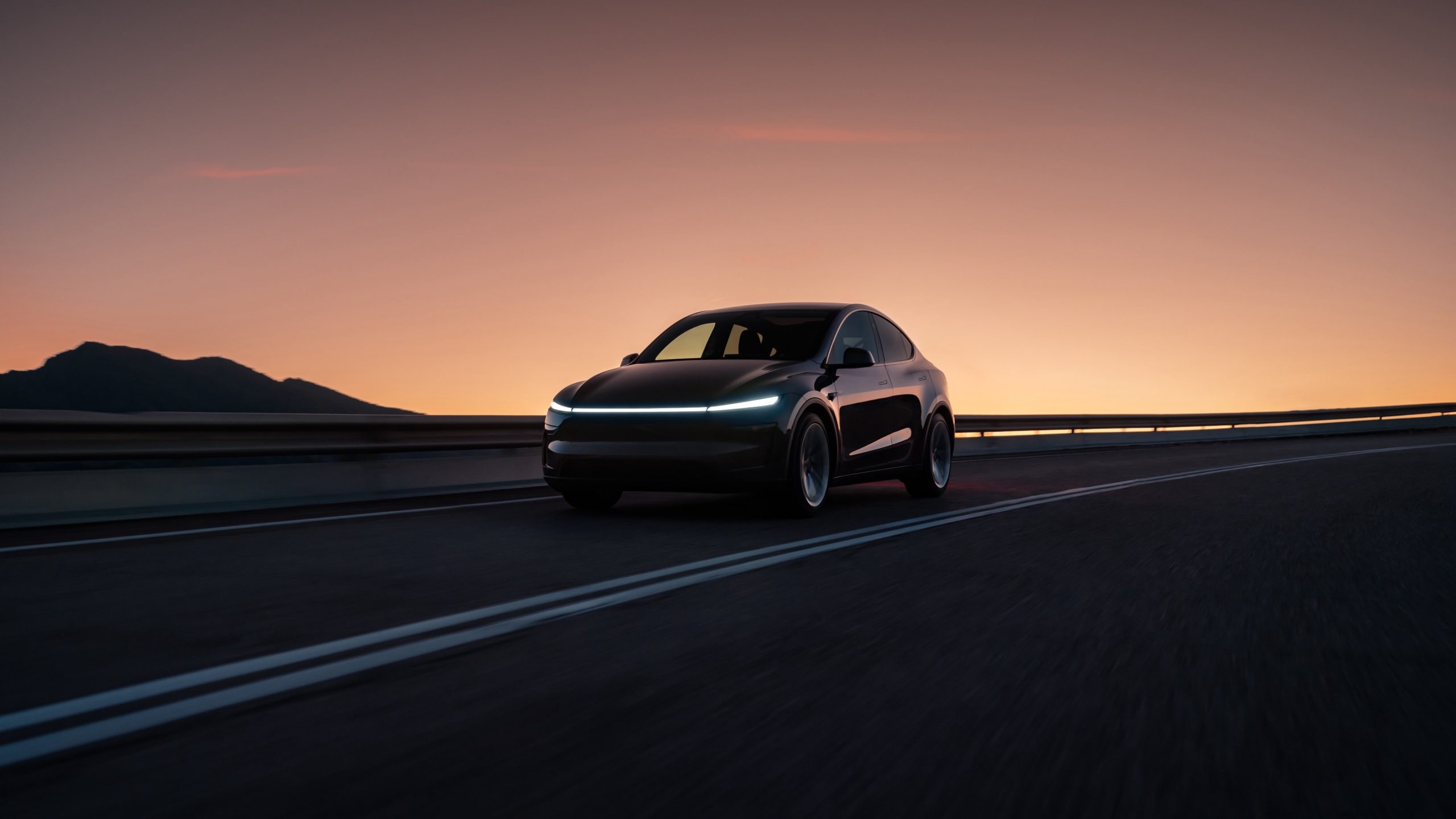
During the Q1 2025 earnings call, Tesla executives reiterated the idea that the company will be launching a dedicated robotaxi service using its Full Self Driving (FSD) Unsupervised system this coming June.
A recent report from Insider, citing people reportedly familiar with the matter, has now provided a number of details about the preparations that Tesla has been making as it approaches its June target date.
Remote Operators
As noted by the publication, about 300 test operators have been driving through Austin city streets over the past few months using Teslas equipped with self-driving software. These efforts are reportedly part of “Project Rodeo.” Citing test drivers who are reportedly part of the program, Insider noted that Tesla’s tests involve accumulating critical miles. Test drivers are reportedly assigned to specific test routes, which include “critical” tracks where drivers are encouraged to avoid manual interventions, and “adversarial” tracks, which simulate tricky scenarios.
Tesla has launched an initial robotaxi service for its employees in Austin and the San Francisco Bay Area, though the vehicles only operate in limited areas. The vehicles also use safety drivers for now. However, Tesla has reportedly had discussions about using remote operators as safety drivers when the service goes live for consumers. Some test drivers have been moved into remote operator roles for this purpose, the publication’s sources claimed.
While Tesla is focusing on Austin and San Francisco for now, the company is reportedly also deploying test drivers in other key cities. These include Atlanta, GA, New York, NY, Seattle, WA, and Phoenix, AZ.
Safety Tests
Tesla reportedly held training events with local first responders as part of its preparations for its robotaxi service, Insider claimed, citing documents that it had obtained. As per the publication, Tesla had met with the city’s autonomous vehicle task force, which include members of the Austin Fire Department, back in December.
Back in March, Tesla reportedly participated in about six hours of testing with local first responders, which included members of the fire department and the police, at a close test track. Around 60 drivers and vehicles were reportedly used in the test to simulate real-world traffic scenarios.
Interestingly enough, a spokesperson from the Austin Police Department stated that Tesla did hold a testing day with emergency responders from Austin, Williamson County, as well as the Texas Department of Public Safety.
Reported Deadlines
While Tesla has been pretty open about its robotaxi service launching in Austin this June, the company is reportedly pursuing an aggressive June 1 deadline, at least internally. During meetings with Elon Musk, VP of AI software Ashok Elluswamy’s team reportedly informed the CEO that the company is on track to hit its internal deadline.
One of Insider’s sources, however, noted that the June 1 deadline is more aspirational or motivational. “A June 1 deadline makes a June 30 launch more likely,” the publication’s source noted.
News
Atty who refused to charge six-time Tesla vandal sparks controversy
Despite the multiple offenses, Moriarty opted to enter Adams into an adult diversion program instead.
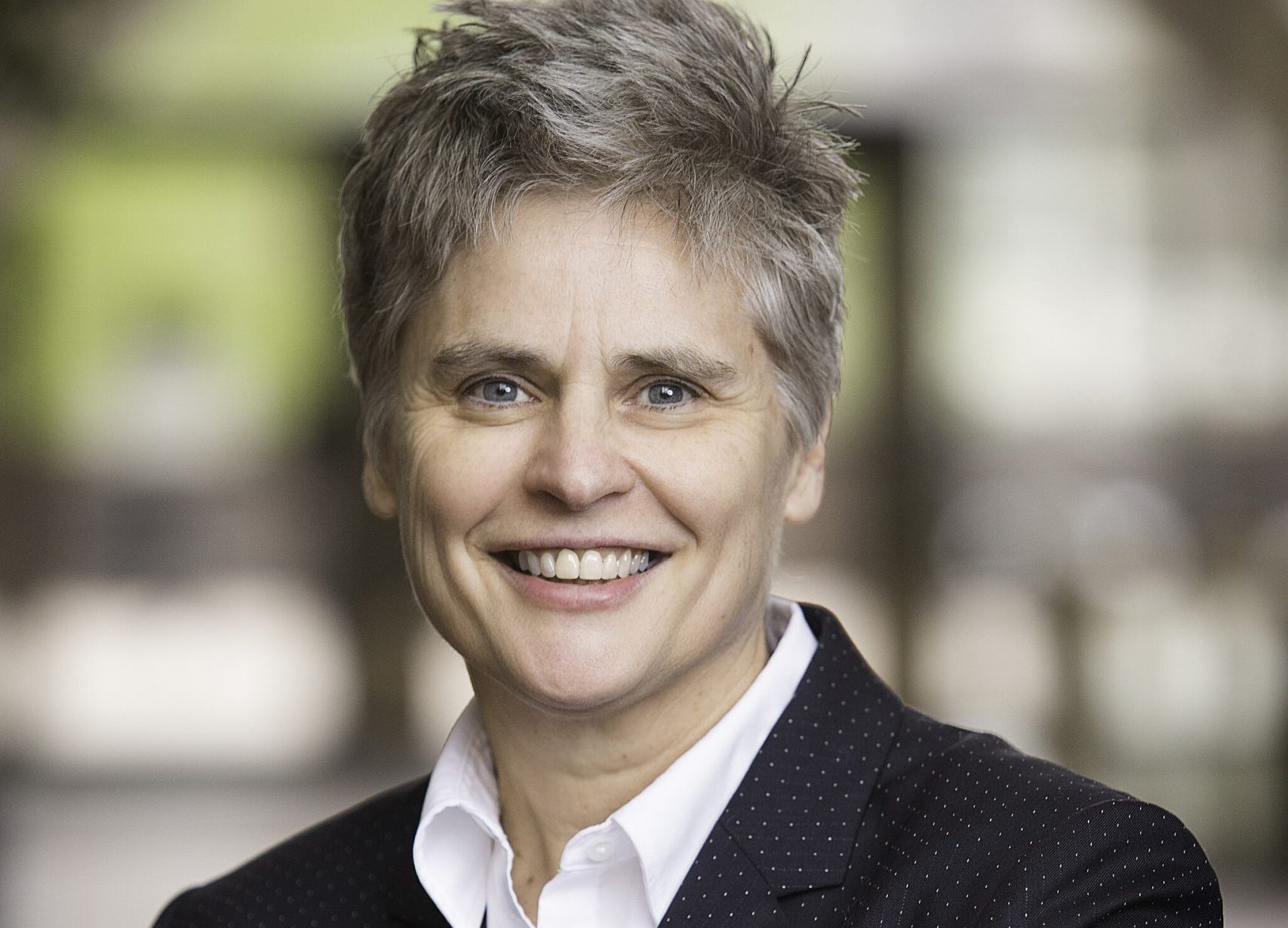
Hennepin County Attorney Mary Moriarty, who made the decision not to charge 33-year-old vandal Dylan Bryan Adams after he keyed six Teslas around Minneapolis last month, has found herself in the middle of controversy.
The controversy came amidst her decision to press charges against a 19-year-old first-time vandal who keyed one vehicle at the White Castle in Brooklyn Park.
The Tesla Vandal
Moriarty’s decision not to charge Adams after he keyed six Teslas was met with widespread criticism. Adams’ actions resulted in more than $20,000 worth of damages, more than $10,000 of which was to a single vehicle, as noted in a New York Post report. Yet despite the multiple offenses, Moriarty opted to enter Adams into an adult diversion program instead.
The fact that Adams is a state employee who works for the Department of Human Services as a program consultant triggered allegations that his dismissal might be partly influenced by Gov. Tim Walz. Walz is a staunch critic of Musk, previously stating that the falling price of TSLA stock gives him a “boost” in the morning.
As noted in a report from The Minnesota Star Tribune, Moriarty’s decision was so controversial that she was asked about the matter on Wednesday. In response, the attorney argued that her office made the decision outside of any political consideration. “We try to make decisions without really looking at the political consequences. Can we always predict how a story will be portrayed in the media or what people will say? No,” Moriarty stated.
Actually Charged
As noted by the Tribune, Moriarty has made arguments around the fact that Adams was a first-time offender, even if he opted to deface six separate Teslas. But even this argument has become controversial since Moriarty recently charged a 19-year-old Robbinsdale woman with no criminal record with first-degree felony property damage after she allegedly keyed a co-worker’s car. The damage incurred by the 19-year-old woman was $7,000, substantially less than the over $20,000 damage that Adams’ actions have caused.
Cases surrounding felony first-degree property damage are fairly common, though they require the damage to be over $1,000. The 19-year-old’s damage to her co-worker’s car met this threshold. Adams’ damage to the six Teslas he vandalized also met this requirement.
When Moriarty was asked about her seemingly conflicting decisions, she noted that her office’s primary goal was to hold the person accountable for keying the vehicle and get restitution to the people affected. She also noted that her office tries to avoid convictions when possible since they could affect a person’s life. “Should we have treated this gentleman differently because it’s a political issue? We made this decision because it is in the best interest of public safety,” she noted.
News
Tesla faces emission credits tax in Washington state
House Bill 2077 taxes emissions credits, mainly hitting Tesla. Lawmakers expect $100M/year from the taxes.
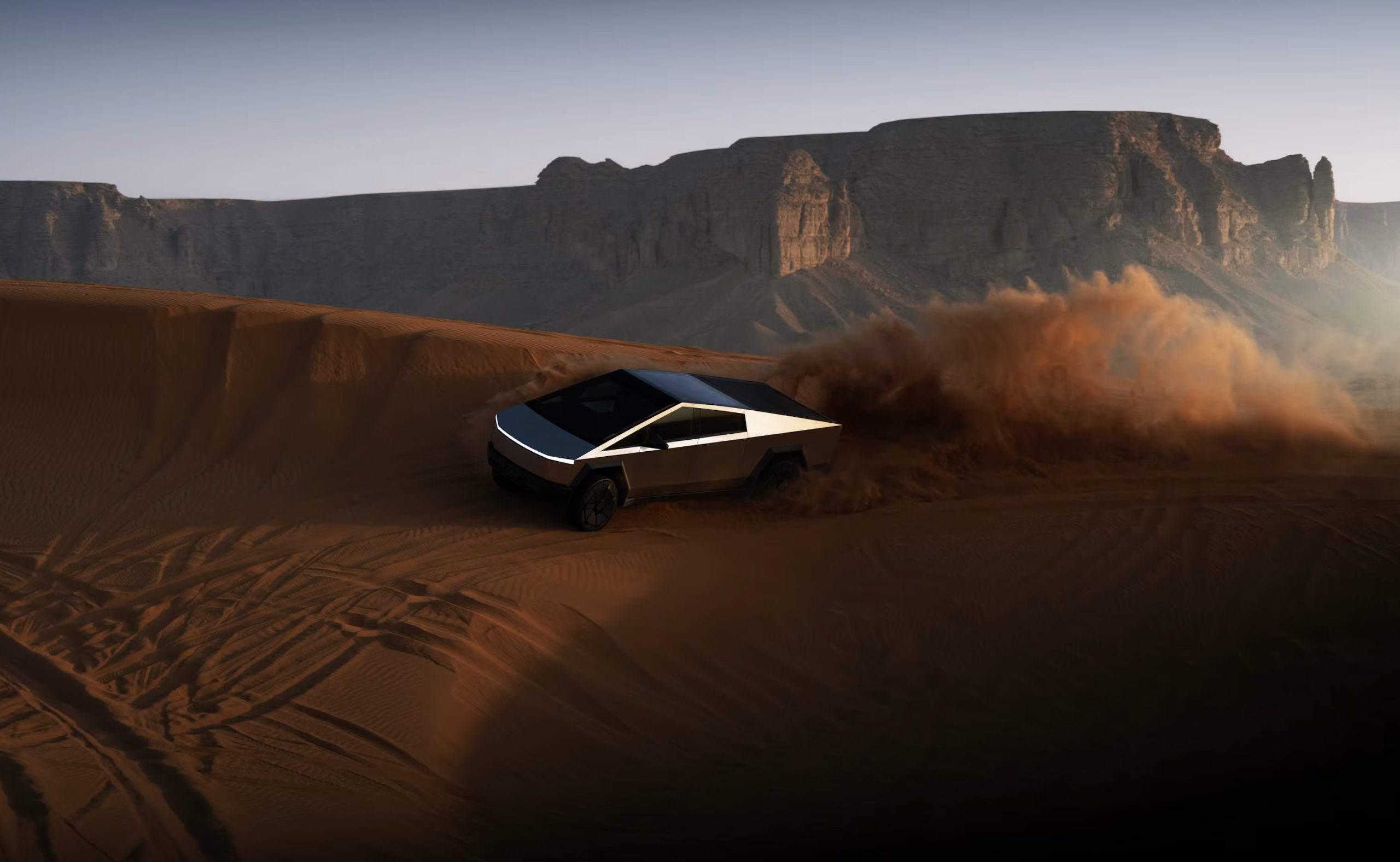
Washington state lawmakers are advancing a bill that would tax Tesla’s emission credits, targeting profits under the state’s clean vehicle policy. Lawmakers who support the bill clarify that the Tesla credit tax is unrelated to Elon Musk.
HB 2077, introduced in mid-April, seeks to impose a 2% tax on emission credit sales and a 10% tax on banked credits. The bill primarily affects Tesla due to exemptions for companies with fewer credits.
In 2022, Washington’s Department of Ecology mandated that all new cars sold by 2035 be electric, hydrogen-fueled, or hybrids, with 35% compliance required by next year. Carmakers selling more gas-powered vehicles can buy credits from companies like Tesla, which sells only electric vehicles.
A legislative fiscal analysis projects taxes on those credits would generate $78 million in the 2025-27 biennium and $100 million annually thereafter. About 70% of the taxes will be allocated to the state’s general funds, and the rest will help expand electric car infrastructure.
HB 2077 passed the state House eight days after its introduction and awaits a Senate Ways and Means Committee vote on Friday. At a House Finance Committee hearing, supporters, including union and social service advocates, argued the tax would prevent cuts to state services.
House Majority Leader Joe Fitzgibbon emphasized its necessity amid frozen federal EV infrastructure funds. “We didn’t have a budget crisis until this year. And we didn’t have the federal government revoking huge amounts of federal dollars for EV infrastructure,” he said.
Tesla’s lobbyist, Jeff Gombosky, countered that the proposal “runs counter to the intent” of the state’s zero-emission policy. Rivian’s lobbyist, Troy Nichols, noted a “modest” impact on his company but warned it could undermine the EV mandate. Kate White Tudor of the Natural Resources Defense Council expressed concerns, stating, “We worry it sets a dubious precedent.”
Fitzgibbon defended the tax, noting Tesla’s dominant credit stockpile makes it “one outlier” that is “very profitable.” “That’s the kind of thing legislators take an interest in,” he said. “Is it serving the interest of the public for this asset to be untaxed?”
With the legislative session nearing its end, the bill remains a key focus in budget talks in Washington.
-
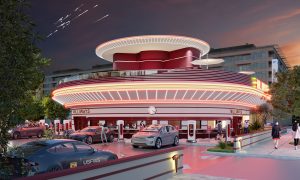
 News4 days ago
News4 days agoTesla’s Hollywood Diner is finally getting close to opening
-
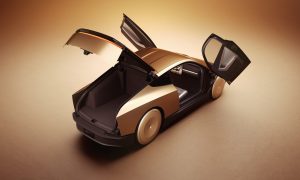
 Elon Musk1 week ago
Elon Musk1 week agoTesla doubles down on Robotaxi launch date, putting a big bet on its timeline
-

 News1 week ago
News1 week agoTesla’s top investor questions ahead of the Q1 2025 earnings call
-
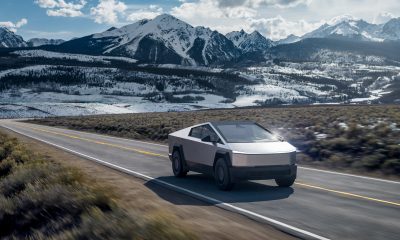
 News2 weeks ago
News2 weeks agoTesla launches cheapest and longest range Cybertruck trim yet
-

 News2 weeks ago
News2 weeks agoUnderrated Tesla safety feature recognized by China Automotive Research Institute
-
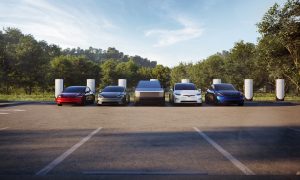
 News2 weeks ago
News2 weeks agoThese were the best-selling EV brands in the U.S. in Q1
-
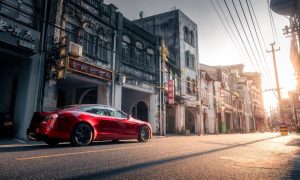
 News2 weeks ago
News2 weeks agoTesla China discontinues Model S and Model X orders amid tariff war
-
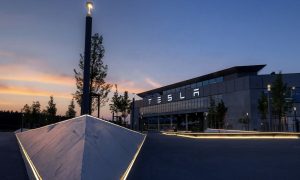
 News2 weeks ago
News2 weeks agoTesla Giga Berlin sets record for free EV charging park

